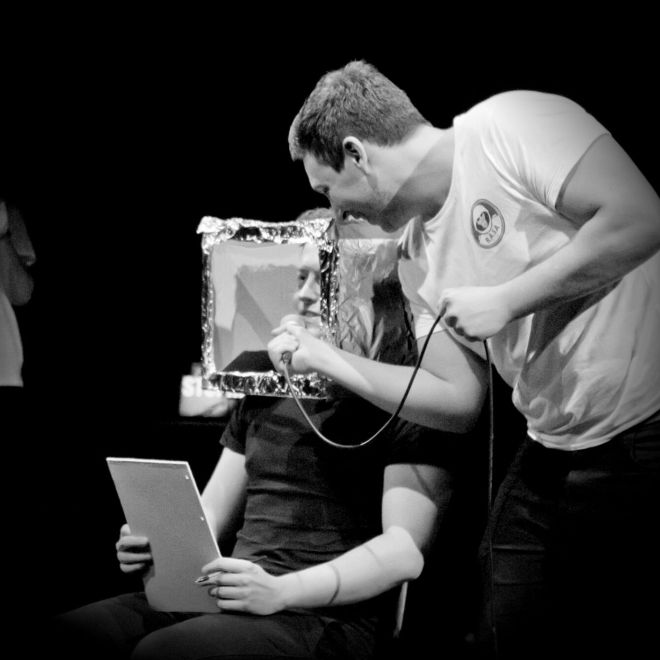
New Pew Report on the Intersection of Science and Religion in Southeast Asia
By James Riley

Pew Research Center recently released a new report exploring the intersections of science and religion, based on new data from interviews with Hindus, Muslims, and Buddhists in Malaysia and Singapore.
The report’s authors said:
“The discussions reinforced the conclusion that there is no single, universally held view of the relationship between science and religion, but they also identified some common patterns and themes within each of the three religious groups”.
In total, 72 individuals were interviewed, 24 from each religious tradition, with the same number from each country. All the interviewees in the study said religion was important to their lives.
While qualitative data from interviews does not allow for representative claims about populations, such data does allow us to explore individual’s perceptions in depth, developing themes within and across groups. From the interviews the researchers noted both distinct and overlapping themes regarding interviewees’ perceptions of the science-religion relationship. In the report, Pew Research Center contextualise their new qualitative analysis of Muslims, Hindus and Buddhists in Singapore and Malaysia with previous quantitative results from around the world.
According to the report Hindu interviewees generally described science and religion as “overlapping spheres”, and many maintained their religion contains elements of science. For example, some interviewees argued Hinduism contains knowledge which was later described by science – such as copper’s antimicrobial properties, or turmeric’s health benefits. Many Hindus also said the theory of evolution is encompassed in their religious teachings.
Many Muslim interviewees described science and Islam as “basically compatible” and that the Quran contains many elements of science, while acknowledging some areas of friction. For some interviewees this included the theory of evolution conflicting with religious beliefs about the origin and development of life, particularly humans. The researchers suggest that evolution “is a more frequent point of conflict for those in Abrahamic faiths such as Islam and Christianity.”
According to the report, Buddhist interviewees generally described religion and science as “two separate and unrelated spheres”, often not naming any areas of science which concerned them for religious reasons. Buddhist interviewees did not see evolution as a point of tension with their religion, with some saying they did not think their religion addressed the origin of life. According to the report:
“Some of the Buddhists talked about their religion as offering guidance on how to live a moral life, while describing science as observable phenomena.”
This perspective on the relationship between science and religion echoes what evolutionary biologist Stephen J. Gould called “nonoverlapping magisteria”. In Gould’s view:
“The net of science covers the empirical universe: what is it made of (fact) and why does it work this way (theory). The net of religion extends over questions of moral meaning and value. These two magisteria do not overlap, nor do they encompass all inquiry (consider, for starters, the magisterium of art and the meaning of beauty). To cite the arch clichés, we get the age of rocks, and religion retains the rock of ages; we study how the heavens go, and they determine how to go to heaven”.
Interestingly in Pew’s new research, when discussing science with the interviewees religion was not always the most salient topic. Religious differences were not prominent when discussing government investment in scientific research, for example, instead interviewees generally spoke about the role of scientific research in economic development and national prestige.
Pew’s new research indicates the current trend in the social study of science and religion. Moving away from oversimplification and master-narratives of either conflict or compatibility, to more fine-grained results, which take into account differences within and across both religions and geographies. The report is well worth reading for those interested in the relationship between science and religion across religious traditions, especially in non-Western contexts.
The original report can be read here.

James Riley is a postdoctoral research fellow at the University of Birmingham.
You can find out more about his research interests on his Research Profile. He can be found on Twitter @JamesIRiley.
